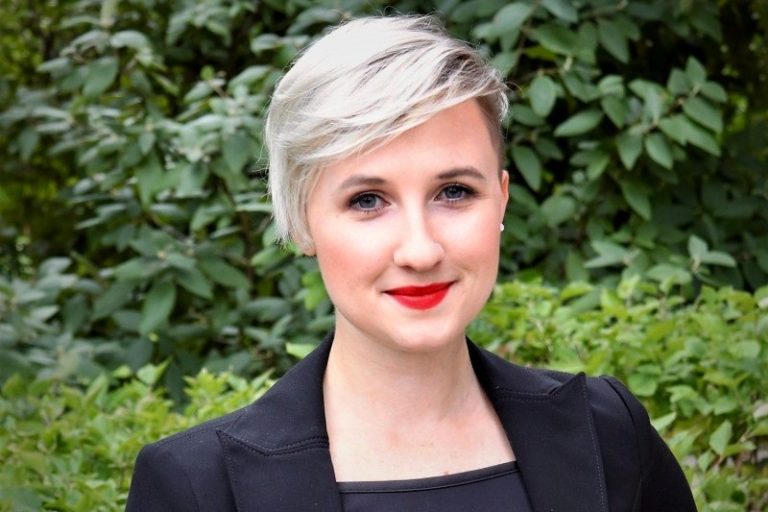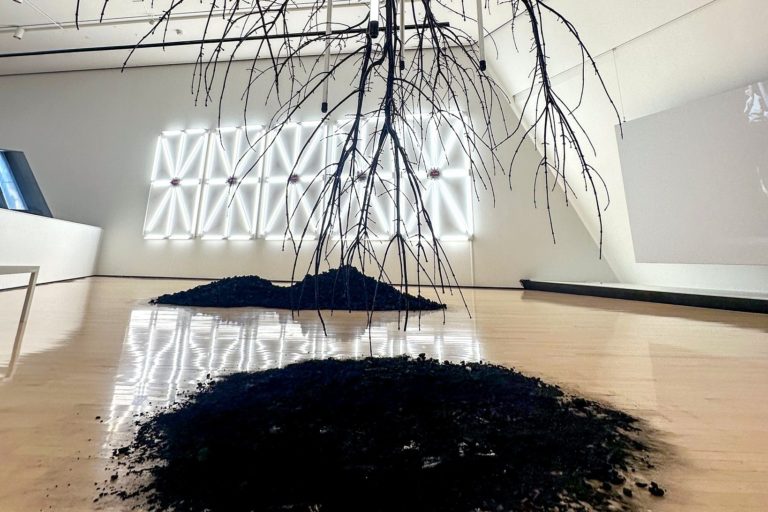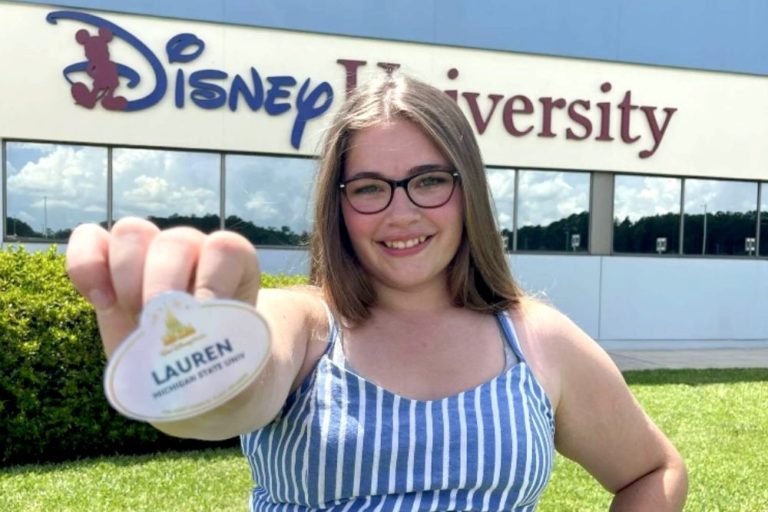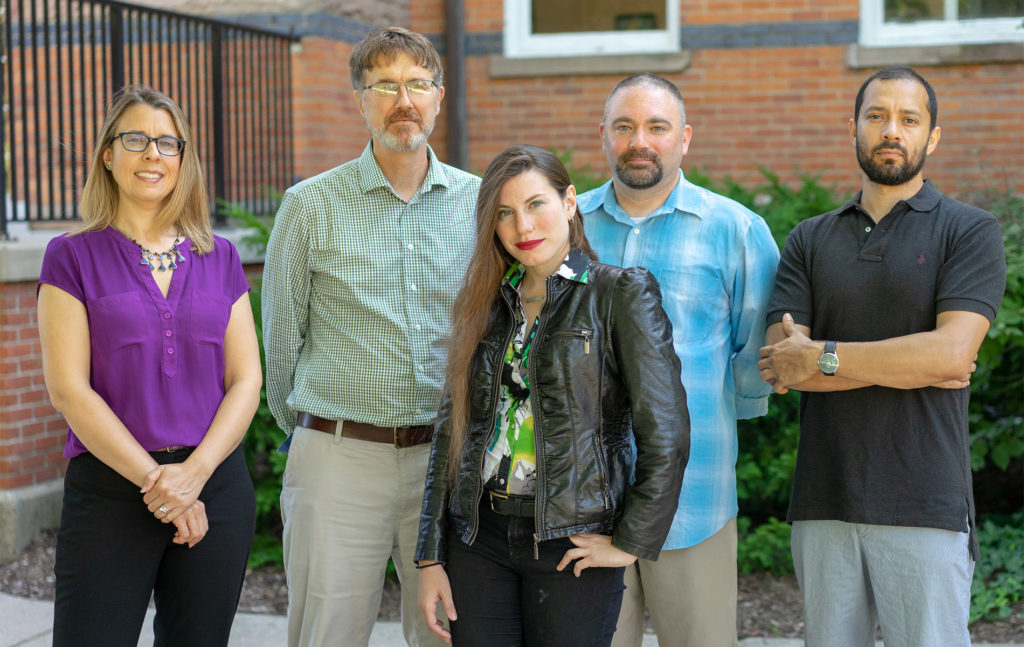
The challenge of interdisciplinary research can be easily explained through the parable of five blind-folded people and one very patient elephant.
As the story goes, each person forms an idea of what an elephant is like by touching one part of the animal’s body — such as the ear, tusk, or leg. By never perceiving the whole, each person arrives at a different conclusion based on their own experience.
“Practitioners of interdisciplinarity would bring members of this group together so they could combine their perspectives,” said Michael O’Rourke, Director of the Center for Interdisciplinarity (C4I) in MSU’s College of Arts & Letters.
One of the things we do in C4I is bring together a staff of researchers from different academic backgrounds and use philosophical methods as tools to enable collaborators to communicate and work more effectively with one another on complex problems.
Michael O’Rourke, Director of the Center for Interdisciplinarity
Since 2017, C4I has drawn on the strengths of MSU in the sciences, social sciences, engineering, business, agriculture, and the arts and humanities to develop systematic and transformative responses to some of today’s most challenging and complex problems.
“One of the things we do in C4I is bring together a staff of researchers from different academic backgrounds and use philosophical methods as tools to enable collaborators to communicate and work more effectively with one another on complex problems,” said O’Rourke, who also is a Professor of Philosophy and faculty member in AgBioResearch. “When we practice philosophy in C4I, we practice engaged philosophy. We apply principles and offer services that leverage the power of philosophy and help others understand why philosophy is important to the world.”
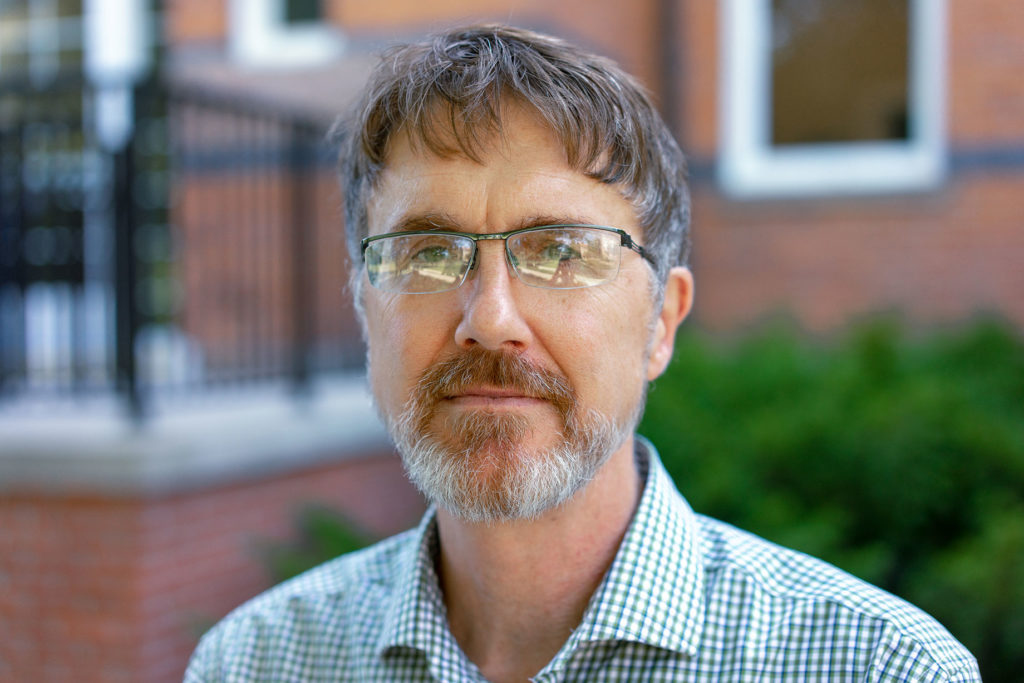
Food security, climate change, the ethical practice of science, and environmental justice are among issues requiring input from a wide range of disciplines. It’s the job of skilled interdisciplinarians to bring groups together and fuse expertise in finding solutions for the greater good.
“At C4I, we’re putting people in contact with one another and giving them ways to share their learning,” O’Rourke said. “In that regard, philosophy, and a philosophical approach to research, is a many splendored thing.”
Research and Resources
O’Rourke guides C4I’s mission to facilitate research and to serve as a resource for faculty, postdocs, and graduate students in the College of Arts & Letters, across campus, and beyond. A key aspect of the center’s mission involves emphasizing the importance of the arts and humanities to interdisciplinary research on complex problems.
“No major challenge facing humanity today can be addressed with integrity without the critical insights and creative imagination of the arts and humanities,” said Christopher P. Long, Dean of the College of Arts & Letters. “The C4I has established itself as a national leader in interdisciplinary research and practice — their recent successes in winning important external grants is one indicator of their excellence, another is the breadth and depth of the collaborative partnerships they have established within and outside of the University.”
No major challenge facing humanity today can be addressed with integrity without the critical insights and creative imagination of the arts and humanities.
Christopher P. Long, Dean of the College of Arts & Letters
Another focus of C4I is to secure funding for cross-disciplinary projects both on and off-campus. To date, C4I has attracted nearly $1.5 million in external funding with the majority coming from the National Science Foundation (NSF), which has funded several collaborative projects through C4I and its Toolbox Dialogue Initiative. Funding also has been provided by the National Aeronautics and Space Administration (NASA) as well as foundations, partner universities, and MSU sources. These funding opportunities are led not only by O’Rourke but also by C4I Managing Director Dr. Stephanie E. Vasko and C4I postdocs Dr. Edgar Cardenas, Dr. Chet McLeskey, and Dr. Marisa Rinkus.
“Our facilitative work allows us to establish relationships with agencies and funding organizations like the NSF,” O’Rourke said. “We’re well-positioned to facilitate cross-disciplinary projects and to secure support to accelerate research that fosters the convergence of science, arts, and the humanities.”
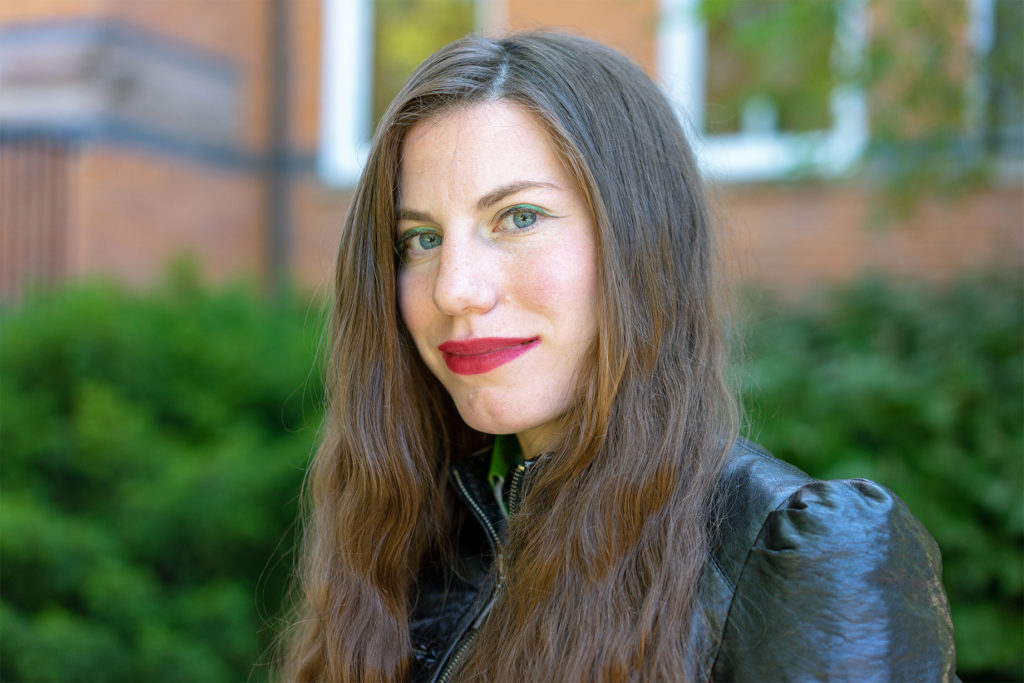
Vasko added that C4I also engages in university- and community-wide projects that support interdisciplinary careers and education for graduate and post-doctoral students. She pointed out that the center and its services are being increasingly written into grants and research administered by other units at MSU and at other institutions, further extending C4I’s ability to connect scholars and researchers from different areas.
“We live in an increasingly complex world where our systems, our environment, and our people are deeply connected,” she said. “Solving complex issues requires equally complex solutions that involve ideas from different disciplines.”
We live in an increasingly complex world where our systems, our environment, and our people are deeply connected. Solving complex issues requires equally complex solutions that involve ideas from different disciplines.
Stephanie Vasko, Managing Director of the Center for Interdisciplinarity
As part of its ongoing educational focus, C4I hosts the ongoing University Interdisciplinary Colloquium that features talks by interdisciplinary scholars and artists. Campus and community members also can “drop in” to interdisciplinary write-ins and collaborate with a community of campus interdisciplinarians. Because of the COVID-19 pandemic, these open-to-the-public colloquia and write-ins are being held virtually.
Upcoming University Interdisciplinary Colloquium
The next University Interdisciplinary Colloquium will be held virtually and is scheduled for Friday, October 16, from noon to 1 p.m. The event will feature Kaitlin Torphy, Lead Researcher and Founder of the Teachers in Social Media Project at Michigan State University, who will discuss an emergent phenomenon, social media and education.
COVID-19 has caused large shifts in work, school, and life, where virtual engagement is not only relevant, but in many places, required. Schools, work, and individuals depend on the online sphere and social media as they move forward living in a world with COVID-19. Dr. Torphy will present the notion of a Fifth Estate within the digital age, redefining network influence in her presentation, titled “Educational Professionalism within the Fifth Estate: Networks of Influence within Social Media and Education.” She will explore the interdisciplinary nature of research within social media and discuss how individuals’ posts may serve as living artifacts that will be viewed across disciplinary channels.
For more information on C4I, the colloquiums, or write-ins, visit the Center for Interdisciplinarity website.
